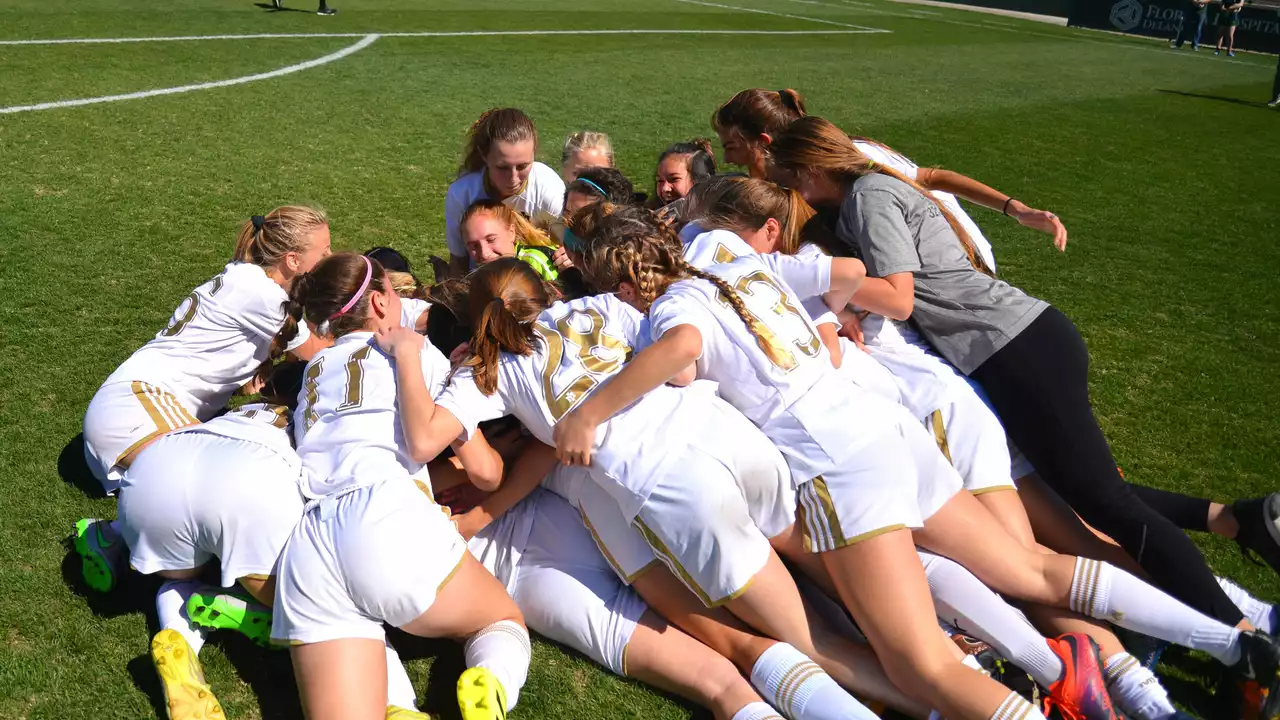Difficulty in Soccer: How Hard Is It to Succeed?
Most fans think soccer is just about talent and luck, but the truth is a lot tougher. Whether you’re dreaming of a pro contract at 19 or trying to stay sharp after years on the pitch, every step comes with its own set of hurdles. In this guide we’ll break down the main blocks—physical limits, mental toughness, and money—and give you practical tips to push through.
Physical and Age Challenges
Age is the first big question most players face. Many wonder if 19 is too late to break into the professional scene. The answer? Not really, but you need to act fast. Scouts look for raw speed, agility, and a willingness to learn. If you’re already playing at a decent level, join a reputable academy or semi‑pro team where coaches can spot you. Train smart: focus on sprint intervals, ball control drills, and strength work that targets core and legs. Consistency beats occasional heroics.
Injury risk also spikes as you push harder. Simple habits—regular stretching, proper warm‑ups, and a balanced diet—cut downtime dramatically. If you’re hitting a plateau, consider a short break to recover fully. Recovery isn’t lazy; it’s a strategic move to keep your body ready for the next challenge.
Mental Toughness and Money Matters
Physical skill alone won’t get you far when the pressure mounts. Mental training is a game‑changer. Start each day with a five‑minute visualization: picture yourself making a perfect pass, scoring, or defending a corner. Over time this builds confidence and sharpens focus during real matches. Meditation or breathing exercises help calm nerves before big games, and keeping a journal of your performance lets you spot patterns and improve.
Money can feel like a wall, especially if you’re eyeing leagues like MLS or European clubs. Buying a franchise costs hundreds of millions, but for a player the biggest expense is often training fees, travel, and gear. Look for local sponsorships, community grants, or scholarship programs that cover academy costs. Even modest support can free up time for extra practice.
Finally, remember that difficulty is personal. What’s hard for one player might be easy for another. Set realistic short‑term goals—like improving your left‑foot pass by 10% in a month—and celebrate each win. Progress fuels motivation, and motivation fuels progress. Keep tweaking your plan, stay curious, and you’ll find the path through the toughest parts of the game.
Is it hard to get on a girl's soccer team in middle school?
Getting on a girl's soccer team in middle school can be challenging, but it's not impossible. The level of difficulty often depends on the competition and the specific requirements of the team. Excellence in skills, a great understanding of the game, and physical fitness are typically prerequisites. Also, coaches tend to favor those who display commitment and a good attitude. So, with hard work, dedication, and the right mindset, making the team is definitely achievable.
